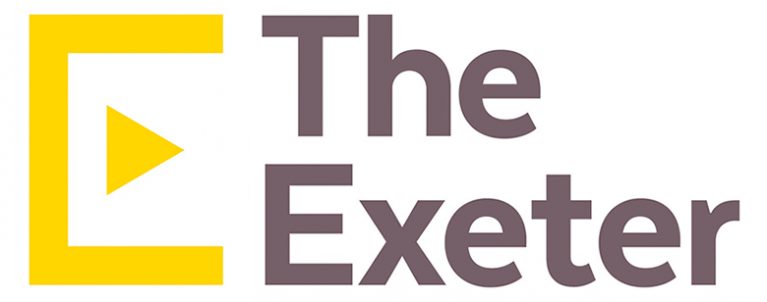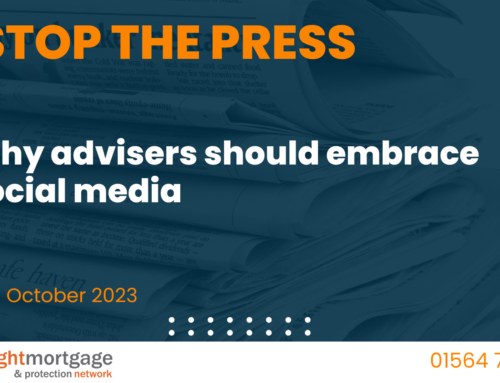One Fund is available in company paid and employee paid variants, giving firms the ability to tailor their benefit provision to their needs. Some of the benefits to businesses of including a cash plan within their employee benefits package include:
- Improved staff morale and company culture
- Earlier and better absence management
- Enhanced benefits package to help attract new staff
- Help manage the cost of group private medical insurance schemes by covering some of the smaller claims that could otherwise increase PMI premiums.
How One Fund works
Each employee has access to an annual pot of money. When they receive a treatment covered by the policy, they simply send the receipt to us (within 3 months) to claim some or all of the costs back – the exact amount will depend on the plan limits and any excess that applies.
You can provide the One Fund as an employee benefit, as a key part of your support to your employees. Alternatively you can give them access to the scheme for them to pay their premiums by Direct Debit or via your payroll.
Benefit categories
There are 7 categories of benefit, each of which is subject to limits:
- Dental – most NHS and private non-cosmetic dental treatment.
- Optical – eye tests, prescription glasses and contact lenses.
- Consultations & diagnostics – investigative tests and diagnostic care.
- Health screening – including full health screens, well man and well woman screens recommended by a GP.
- Counselling – face to face sessions with trained counsellors, plus a 24-hour counselling telephone helpline.
- Complementary therapies – physiotherapy, osteopathy, chiropractic, acupuncture and homeopathy.
- PMI excess cover – payment of a plan holder’s private medical insurance excess.
Cover starts from just £11 per month and is available in 7 levels – the higher the premium, the higher the total fund will be.
The premium paid each month will be calculated from the number of plans, multiplied by the individual premiums which apply at the time. Any partners must be covered at the same premium level as the employee who pays for their plan.
Premiums can be paid on behalf of employees, or employers can provide it as an optional benefit – where the employee pays for their own cover.





